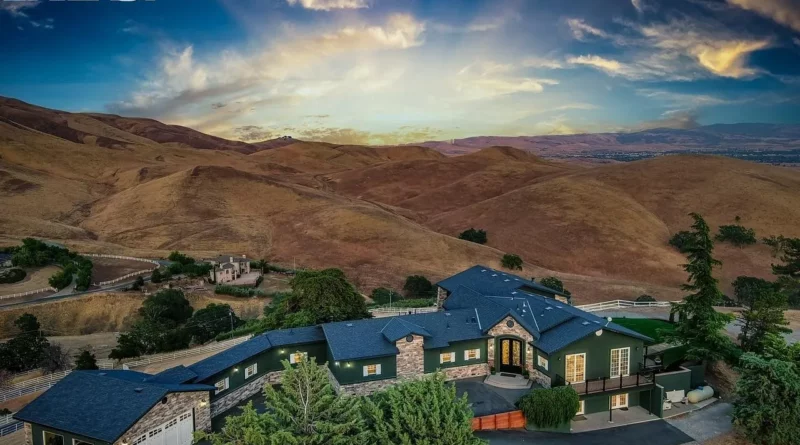History Of Livermore California
Livermore, California is a city located in Alameda County, California, and is known for its rich history and contributions to the state’s growth and development. Established in the 19th century, the city has seen its fair share of triumphs and tribulations that have shaped its identity and character. In this article, we’ll delve into the history of Livermore, exploring its past and how it has influenced the present-day city.
The first inhabitants of the Livermore Valley were the Ohlone people, who lived in the region for thousands of years before the arrival of Spanish missionaries in the late 1700s. The missionaries established a series of missions throughout California, including Mission San Jose in the nearby town of Fremont, which played a significant role in shaping the region’s history.
In the mid-1800s, the California Gold Rush brought thousands of prospectors to the area, and Livermore became an important stop on the route between the goldfields and the Bay Area. The town grew rapidly, and by 1869, it was officially incorporated as a city.
Livermore’s early economy was driven by agriculture, and the fertile soils of the valley made it an ideal location for growing grapes, almonds, and other crops. In the late 1800s, the region also became a hub for the state’s burgeoning wine industry, with several prominent wineries established in the area.
The 20th century brought new challenges and opportunities to Livermore. In the 1940s, the city became home to a significant military presence with the establishment of the Livermore Naval Air Station, which later became the Lawrence Livermore National Laboratory. The laboratory played a crucial role in the development of nuclear weapons and continues to be a major employer and driver of innovation in the region.
Livermore also experienced rapid growth and development in the post-war years, as the Bay Area’s population boomed and suburbanization took hold. Today, the city is a thriving community with a diverse economy, strong cultural offerings, and a deep sense of history and tradition.
One of the most notable historical landmarks in Livermore is the Wente Vineyards, which was founded in 1883 and remains one of the oldest continuously operated family-owned wineries in the United States. The winery has played an important role in the development of the region’s wine industry and has helped put Livermore on the map as a destination for wine lovers.
Another iconic Livermore landmark is the Bankhead Theater, which was originally built in 1925 and served as a movie theater for several decades. After falling into disrepair, the theater was renovated and reopened in 2007 as a performing arts center, hosting concerts, plays, and other cultural events throughout the year.
Overall, Livermore, California’s rich history is a testament to its resilience and ability to adapt to changing times. From its early days as a rural agricultural community to its role as a center of innovation and technology today, the city has always been defined by its spirit of innovation, community, and progress.
Discover more from City Towner
Subscribe to get the latest posts sent to your email.




